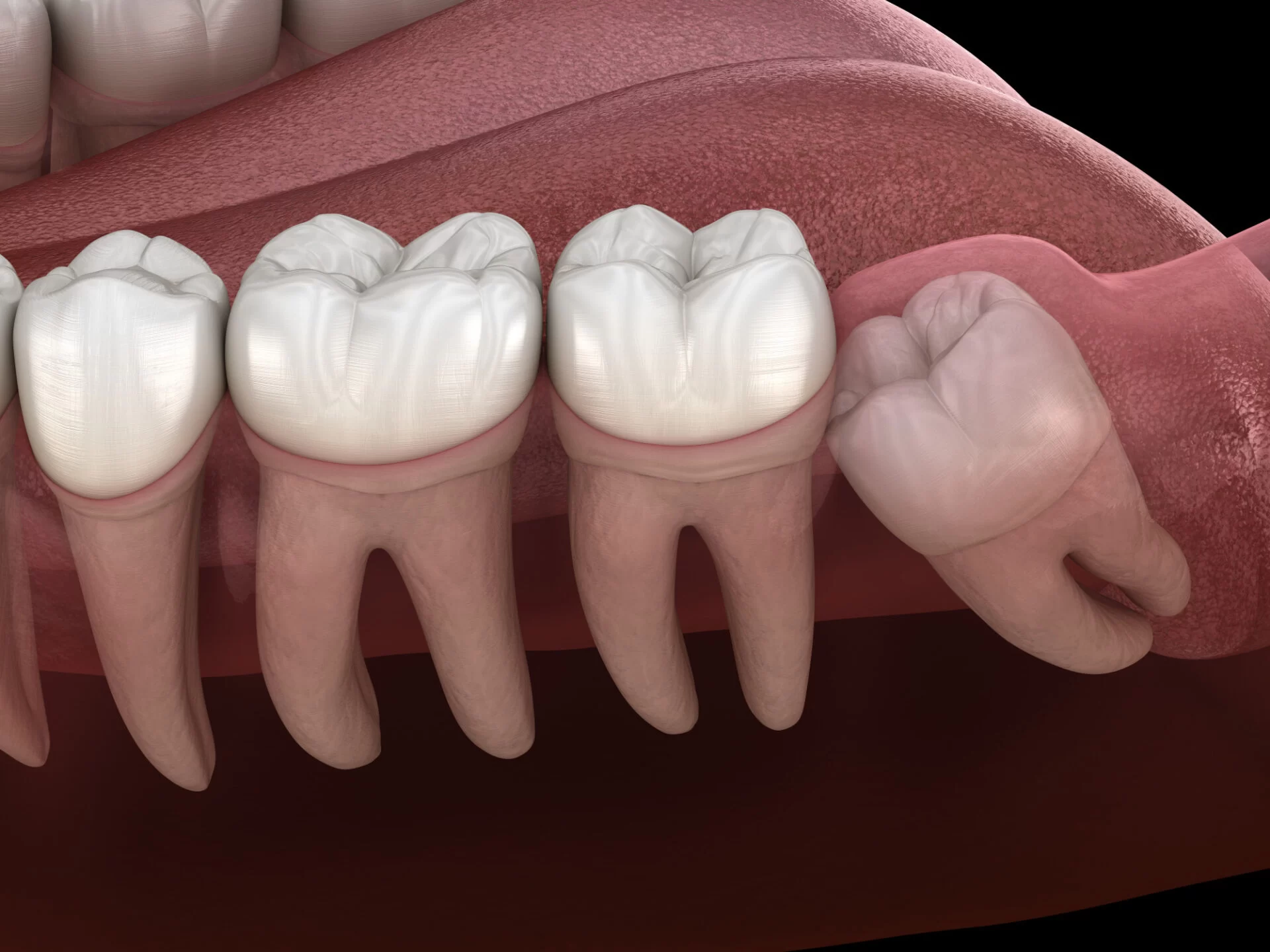
Signs That You May Need a Wisdom Tooth Removal: Key Symptoms to Watch For
- Common Wisdom Tooth Symptoms
- Pain and Discomfort: When It’s Time to Seek Help
- Impacted Wisdom Teeth: What to Know
- Oral Health Consequences of Ignoring Wisdom Teeth
- When to Consult Your Dentist About Wisdom Tooth Removal
Common Wisdom Tooth Symptoms
Wisdom teeth, also known as third molars, are the last set of teeth to emerge in the back of your mouth, usually during the late teens or early twenties. While some people experience no problems with their wisdom teeth, others may encounter several symptoms that signal the need for removal. Understanding these signs can help you take timely action to avoid further complications.
Some of the most common symptoms of wisdom tooth issues include:
- Swelling and Redness in the Gums: If you notice persistent swelling or tenderness at the back of your mouth, this could be a sign that your wisdom teeth are coming in or are causing irritation.
- Jaw Pain or Stiffness: Difficulty opening your mouth or experiencing jaw discomfort can indicate that your wisdom teeth are pushing against your other teeth or the jawbone itself.
- Bad Breath or Unpleasant Taste: Food particles and bacteria trapped around the emerging wisdom teeth can lead to an unpleasant odor or taste in your mouth.
If any of these symptoms persist, it’s important to schedule an appointment with your dentist to discuss potential treatment options.
Pain and Discomfort: When It’s Time to Seek Help
Wisdom tooth pain can range from mild discomfort to intense throbbing pain. It is often one of the most obvious signs that your wisdom teeth may need to be removed. Pain typically occurs when the wisdom teeth become impacted, meaning they are unable to fully emerge from the gums due to a lack of space or alignment issues.
Some indicators that your wisdom teeth may be causing pain include:
- Severe Toothache: This pain may spread to your surrounding teeth, making it difficult to eat or speak without discomfort.
- Increased Sensitivity: You might notice heightened sensitivity around the back of your mouth, especially to hot or cold foods and beverages.
- Throbbing or Radiating Pain: Sometimes, the pain from impacted wisdom teeth can radiate to your neck, ears, or even your head, making it feel like a general discomfort throughout your face.
If you experience any of these types of pain, it’s essential to reach out to a dental professional for a thorough examination and possible treatment. Wisdom tooth pain can often indicate an underlying issue that requires intervention.
Impacted Wisdom Teeth: What to Know
Impacted wisdom teeth are one of the most common reasons for removal. This happens when the wisdom teeth are blocked from fully emerging from the gums, often due to overcrowding or the teeth being angled incorrectly. Impacted wisdom teeth can be classified into different types:
- Partially Impacted: When the tooth is able to partially emerge from the gum, leaving a flap of tissue that can trap food and bacteria.
- Fully Impacted: When the tooth remains completely trapped beneath the gum line, unable to erupt at all.
- Angled Impact: When the tooth grows in at an angle, either toward the next tooth or away from it, causing pressure on the surrounding teeth and tissues.
Impacted wisdom teeth can cause a variety of issues, including gum infections, cavities, and damage to adjacent teeth. If left untreated, they may lead to more serious complications like cysts or abscesses, which could affect your overall oral health.
Oral Health Consequences of Ignoring Wisdom Teeth
Failing to address problematic wisdom teeth can lead to several negative consequences for your oral health. These include:
- Infections: Impacted or partially erupted wisdom teeth are prone to infection, which can cause severe pain, swelling, and even fever.
- Cavities: Because wisdom teeth are located at the back of the mouth, they are difficult to clean properly, which increases the risk of cavities in these areas.
- Damage to Neighboring Teeth: When wisdom teeth become impacted, they can push against the adjacent teeth, leading to misalignment and even damage to those teeth.
Early detection and removal of problematic wisdom teeth can help prevent these complications, protecting both your oral health and the longevity of your other teeth.
When to Consult Your Dentist About Wisdom Tooth Removal
If you’re experiencing any of the symptoms mentioned above or suspect that your wisdom teeth may be causing problems, it’s essential to consult with your dentist. They can perform an X-ray to assess the position of your wisdom teeth and determine if they are impacted or causing any issues.
Based on the examination, your dentist will discuss the best course of action. If your wisdom teeth are causing pain, misalignment, or other complications, they may recommend removal. In some cases, your dentist may monitor your wisdom teeth for a period before making a recommendation for removal.
Don’t wait for the pain or discomfort to worsen—taking action early can help avoid more serious dental issues down the road.
To learn more about wisdom tooth removal or to schedule a consultation, visit Dentistry Toothtruth for expert guidance and recommendations tailored to your needs.







 Leonard L Patella, DDS0.0 (0 review)
Leonard L Patella, DDS0.0 (0 review) Dental Group NY4.0 (266 review)
Dental Group NY4.0 (266 review) West Covina FAMILY DENTISTRY4.0 (45 review)
West Covina FAMILY DENTISTRY4.0 (45 review) Comfort Dental Group3.0 (29 review)
Comfort Dental Group3.0 (29 review) Aramingo Family Dentistry3.0 (46 review)
Aramingo Family Dentistry3.0 (46 review) Blaine Kidds Pediatric Dentistry4.0 (410 review)
Blaine Kidds Pediatric Dentistry4.0 (410 review) The Importance of Oral Health Education During Pregnancy for a Healthy Pregnancy
The Importance of Oral Health Education During Pregnancy for a Healthy Pregnancy Best Tips for Brushing Your Teeth Properly for Healthy Gums: Essential Techniques for Oral Health
Best Tips for Brushing Your Teeth Properly for Healthy Gums: Essential Techniques for Oral Health Why Skipping Dental Checkups Can Lead to Bigger Oral Health Problems
Why Skipping Dental Checkups Can Lead to Bigger Oral Health Problems Advantages of Porcelain Dental Restorations
Advantages of Porcelain Dental Restorations How Can Diabetes Cause Tooth and Gum Problems? Preventing and Managing Oral Health Issues
How Can Diabetes Cause Tooth and Gum Problems? Preventing and Managing Oral Health Issues Healthy Habits for Promoting Good Oral Health and Hygiene: Tips for a Healthy Smile
Healthy Habits for Promoting Good Oral Health and Hygiene: Tips for a Healthy Smile